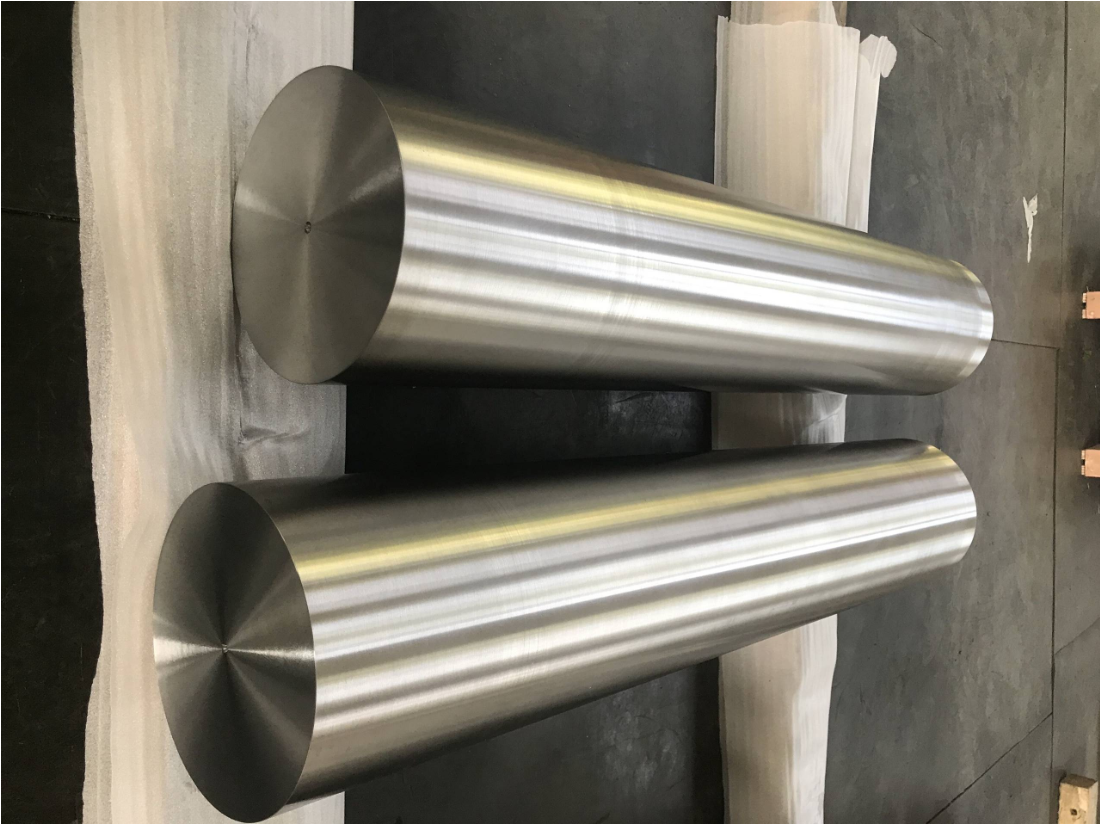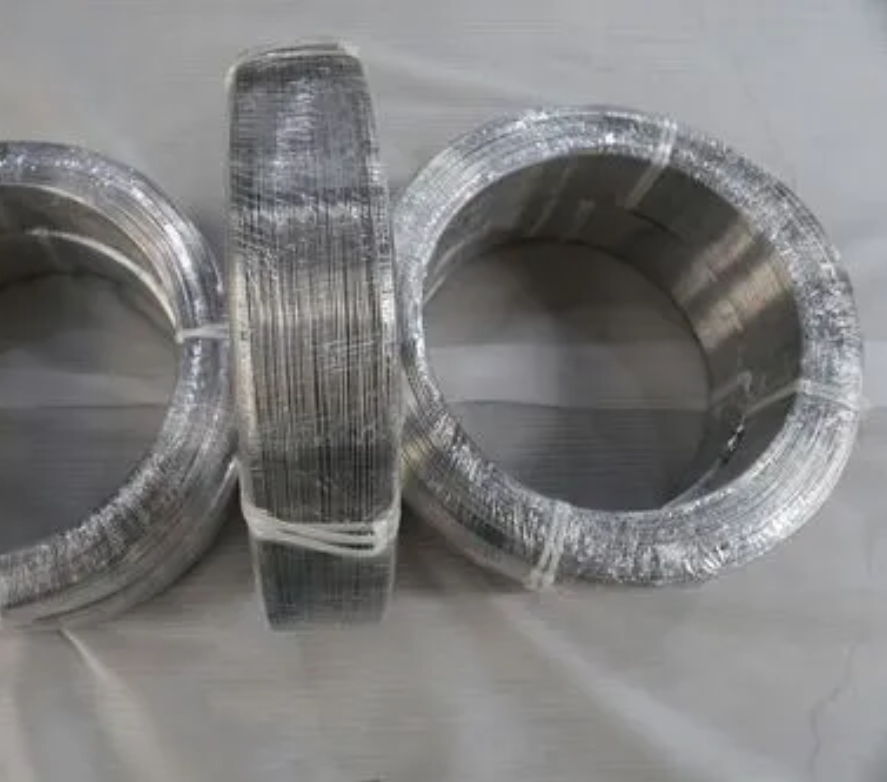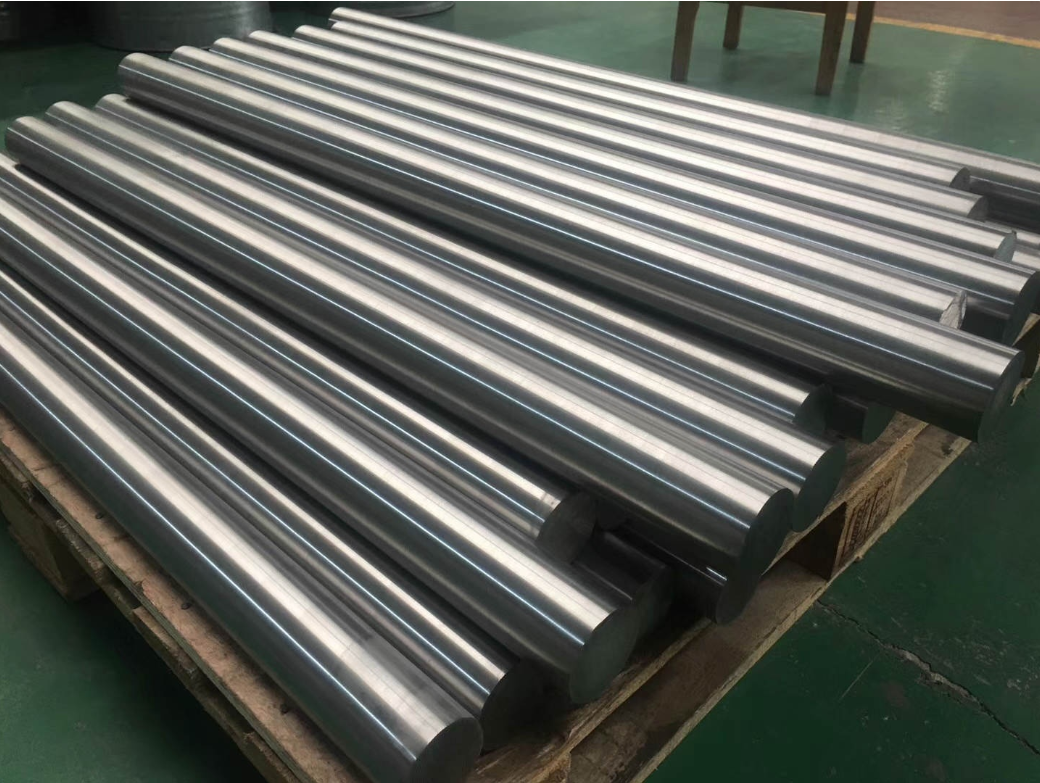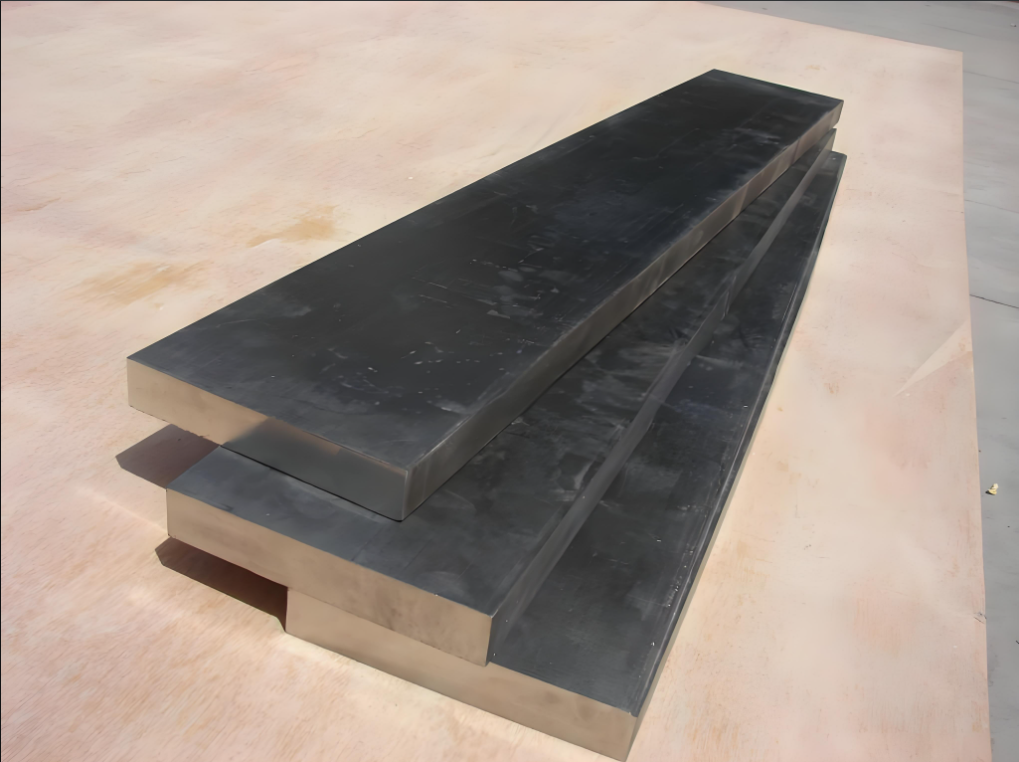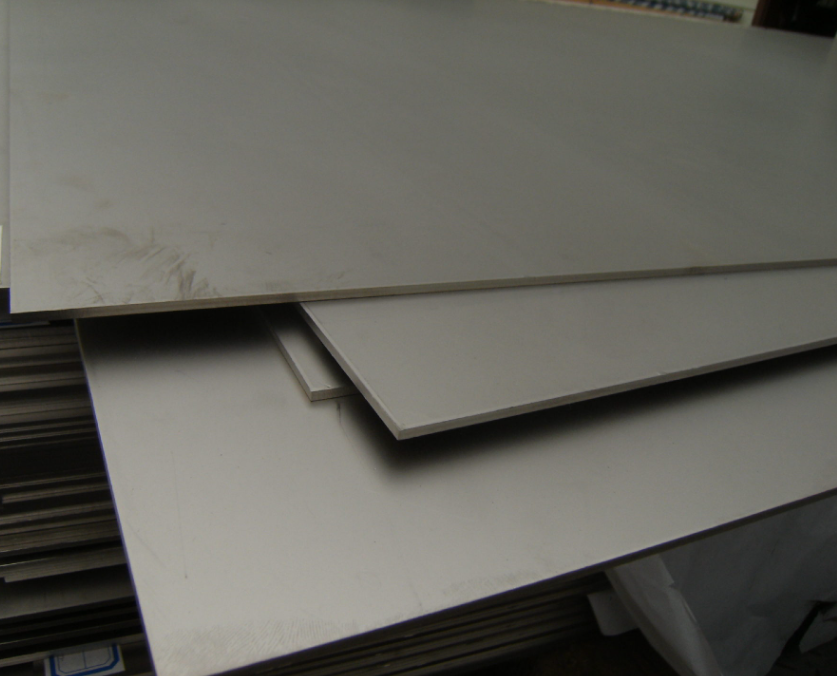Contact Info
Add:Tangyan Mansion, No. 58 Keji 1st Road, High tech Zone, Xi'an City, Shaanxi Province, P. R. of China.
Phone: 0086-29-84504928
E-mail: Tisales@omdtimetal.com
Product Search
Quickly Find The Product You Need
Metal materials implanted into human or animal bodies to repair organs and restore function are called biometallic materials. At Present, the main Biometallic Materials include: Stainless Steel(Fe-18Cr-12Ni-2Mo), Titanium and its alloy, Co-30Cr-6Mo alloy.
1.Stainless Steel's corrosion resistance and strength is not as good as cobalt chromium molybdenum alloy, but the price is cheap and the processing performance is good, so it is the most used in medical treatment. Stainless steel is mainly used to make bone plates, bone hooks, bone screws and other parts for fixing fracture sites, and is also used to make artificial bones and artificial joints. The typical alloy of stainless steel used in orthopaedics is Fe-18Cr-12Ni-2Mo.
2.Medical titanium is a type of titanium that is specifically designed for use in medical devices and implants. It is known for its high strength, low density, and excellent biocompatibility, making it an ideal material for surgical implants. Medical titanium is commonly used in orthopedic implants, such as hip and knee replacements, as well as dental implants and surgical instruments. Its biocompatible nature allows for the bone to grow and adhere to the implant, creating a strong and stable connection.
3.This cobalt-based alloy is often called Vitallium. Its typical composition is Co-30Cr-6Mo, which also contains 0.35% carbon. Its corrosion resistance is about 40 times higher than that of stainless steel (Fe-18Cr-12Ni-2Mo), and has excellent fatigue resistance and wear resistance, which is the best orthopedic alloy material at present. The role of chromium and molybdenum in the alloy is to improve the strength and corrosion resistance. Molybdenum can also prevent grain growth during crystallization, thereby improving fatigue resistance. The disadvantage is high hardness and difficult processing.
Medical Titanium Bar, Forging Bar ASTM F67
ASTM F67 titanium bar has high strength, low density, good mechanical function, good heat resistance, and corrosion resistance. Most implants titanium material use titanium alloy, but for dental implants use the unalloyed titanium most, especially for Grad 4.
关键词:
隐藏域元素占位
ASTM F67 Medical Surgical Implant Titanium Wire
Medical Grade Titanium Wire has been used for decades in the pharmaceutical industry, surgical instruments, human implants and other fields. Medical Grade Titanium Wire is used in medical devices, prostheses or adjuvant therapeutic devices, characterized by an elastic modulus close to that of natural bone.
关键词:
隐藏域元素占位
Ti-6Al-4V ELI ASTM F136 Bar, Wire and Forging
Gr23, Ti-6Al-4V ELI, T-A6VE, BT6C, TC4 ELI, UNS R56401, Ti 6Al-4V ELI is the TI-6AL-4V version with a smaller tissue gap, which allows for maximum toughness and is suitable for seawater and low temperature environments. This grade of alloy is usually used in the annealed state. Ti-6Al-4V is a good choice material in the field of medical implantation.
关键词:
隐藏域元素占位
Titanium Gr5 ELI Sheet, Strip and Plate ASTM F136
Ti6Al4V ELI Titanium Sheet plays an essential role in the medical field because its extra-low interstitial contains low C, N, H, and O elements, especially oxygen. A low level of elements other than titanium can significantly improve the fracture toughness of titanium alloys. Ti6Al4V ELI Titanium Sheet focuses more on malleability than the Ti6Al4V titanium sheet, and the strength requirement is almost the same.
关键词:
隐藏域元素占位
Titanium Gr5 Medical Sheet ASTM F1472
ASTM F1472 covers the chemical, mechanical, and metallurgical requirements for wrought annealed titanium 6Al-4V alloy to be used in the manufacture of surgical implants. It includes strip, sheet, plate, bar, forging bar, wire, billet and other including tubing.
关键词:
隐藏域元素占位



